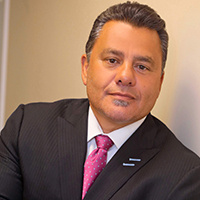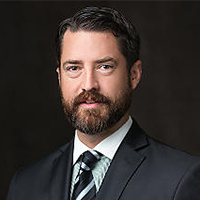Upper Marlboro RICO Act Lawyer, Maryland
Sponsored Law Firm
-
 x
x

Click For More Info:
-
Roper & DiBlasio LLP
401 Headquarters Dr Ste 202 Millersville, MD 21108» view mapDivorce and Family Law Our Mission is Your Success
Roper & DiBlasio is a general practice law firm working within the local community to assist businesses, homeowners, and individuals with their legal needs.
800-785-7781
Not enough matches for Upper Marlboro RICO Act lawyer.
Below are all Upper Marlboro Criminal lawyers.
Robert Richard Castro
✓ VERIFIEDRobert Richard Castro is an attorney currently serving the people of Washington, D.C. and Maryland. A partner in a firm in Waldorf, Maryland, he is pr... (more)
Benjamine Irving Evan
✓ VERIFIEDMy name is Ben Evan and I founded this firm on a commitment to set the standard for personal injury and criminal defense in Maryland. When you need an... (more)
Wendy A. Cartwright
✓ VERIFIEDI have had the privilege of being in private law practice in Maryland for the last 19 years. I was a judicial law clerk for the Honorable Howard S. Ch... (more)
Alphonso Stafford Hearns
FREE CONSULTATION
CONTACTEdward J. O'Connor
Dean Knowles
FREE CONSULTATION
CONTACTFREE CONSULTATION
CONTACT Kurt Roper Millersville, MD
Kurt Roper Millersville, MD Practice AreasExpertise
Practice AreasExpertise




